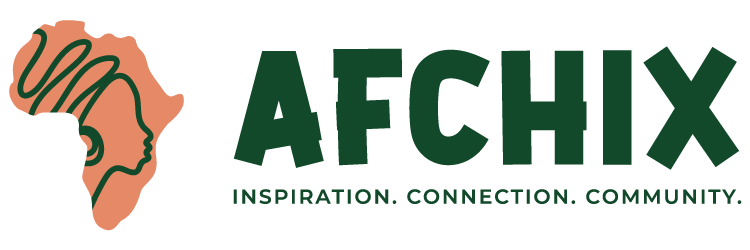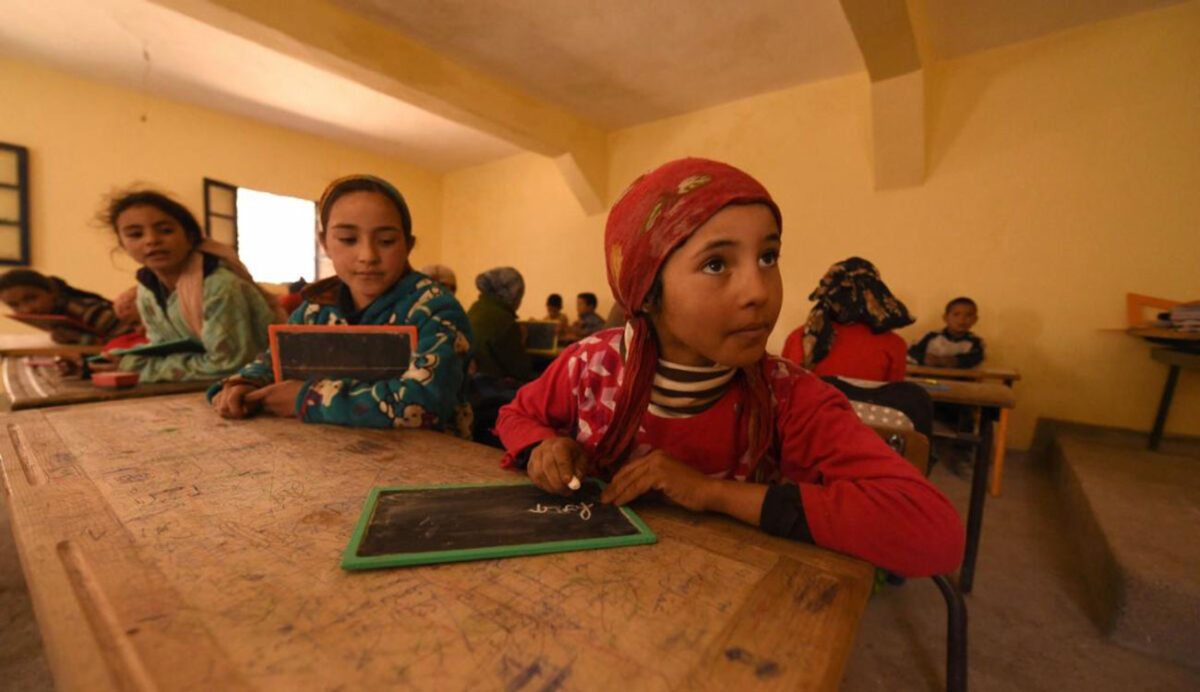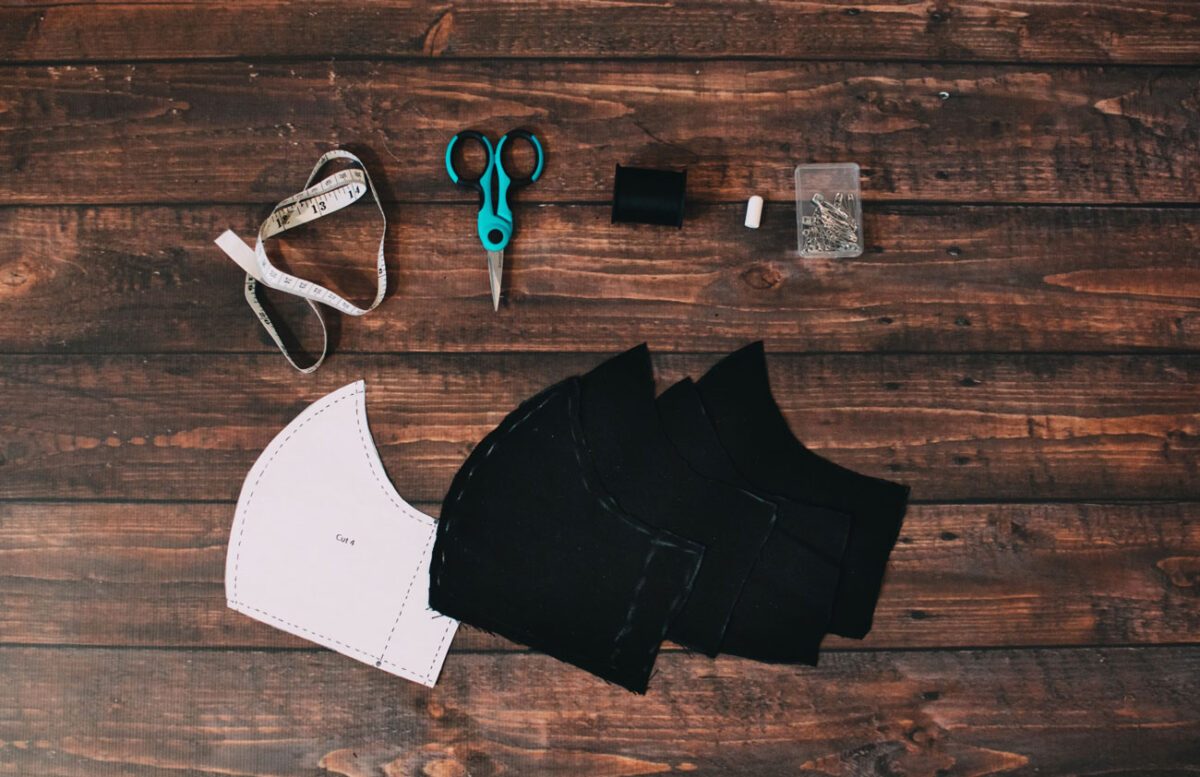By Vymala Thuron
AfChix – a network of African women in technology – will train more local women in Ait Izdeg commune, province of Midelt, on how to use the internet and expand the reach of a network managed by the local community to connect more households there to the internet.
AfChix is one of the winners in the third round of the WomenConnect Challenge, funded by the United States Agency for International Development (USAID). WomenConnect is a global call for solutions to improve women’s participation in everyday life by meaningfully changing the ways women access and use technology.
As a winner in the first round of the Challenge in 2018, AfChix installed the infrastructure needed to establish the community network in Ait Izdeg, successfully connecting two schools and the households surrounding them to the internet. Local youth were trained to technically maintain this network and AfChix also provided digital skills training to local women, teaching them how to use the internet so they can benefit from being able to access it.
Dr Houda Chakiri, the Project Coordinator, says the project aims to empower women and girls while connecting underserved communities in Morocco to the internet through a model that is sustainable over the long term. “Women in rural communities like Ait Izdeg often have limited access to education in general and to knowledge around technology, especially. When these women gain access to technology and digital literacy, they are empowered both socially and economically.”
Houda explains that the project has already trained a small group of local women running local cooperatives to help develop a business model and sustainability plan to manage and maintain the network and more groups will be trained this round to support the sustainability of the network. More focus will be given in building strong local partnerships both with universities and the private sector, in order to replicate the model in other underserved regions. “Our goals over the next 18 months are to extend the network to cover more households, to build a local computer centre and to host further training so more women can benefit from digital skills. We also plan to assist the community in building a website to promote the region for eco-tourism and sell local produce.”
AfChix has also created three other community networks in rural Senegal, Namibia, and Kenya. Dorcas Muthoni, the founder of AfChix, says she hopes the project will contribute to closing the immense gender digital divide still present in Africa. The gender digital divide reflects (GDD) inequalities in digital connection due to gender. Globally, the proportion of women using the internet is 12% lower than the proportion of men and in the least developed countries in Africa, this gap broadens to 31%.
“This joint USAID and AfChix’s Scaling up Women-Led Community Networks for Women’s Prosperity” project will help to enable women to fully participate in their economies by equipping them with the skills needed to enter an increasingly digital labour market or to become entrepreneurs. We know that women tend to invest the gains of their success back into their families and communities and have the potential to make an even more significant contribution to development and prosperity. We hope to use Women-Led Community Networks to amplify this impact,” Muthoni explains.
She says closing the gender digital divide is becoming increasingly important to the social and economic empowerment of African women. “Digital technology is a key driver of economic empowerment, especially today. African women, who tend to rely on informal employment opportunities, have been disproportionately affected by the COVID-19 pandemic. This should serve as a wake-up call that closing the digital divide is critical. Building digital skills for women and girls can help them to take advantage of the opportunities created in the new digital era arising from the pandemic.”
Dr Revi Sterling, Director of the WomenConnect Challenge, says USAID remains committed to closing the gender digital divide by supporting organisations like AfChix, who recognise that this will require more than just connecting communities to the internet. “AfChix empowers women to take a leading role in how their community accesses the internet. This helps to overcome perceptions that women can’t or shouldn’t use technology and also builds their self-confidence about using it. The training these women receive shows them how to use technology to their benefit by accessing economic opportunities, including as entrepreneurs.”



